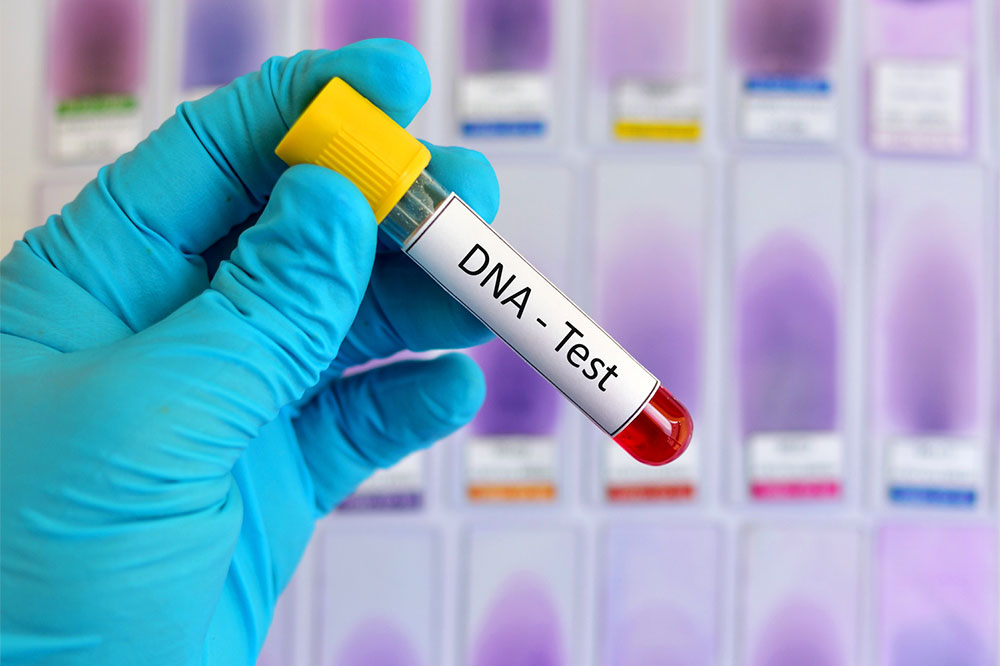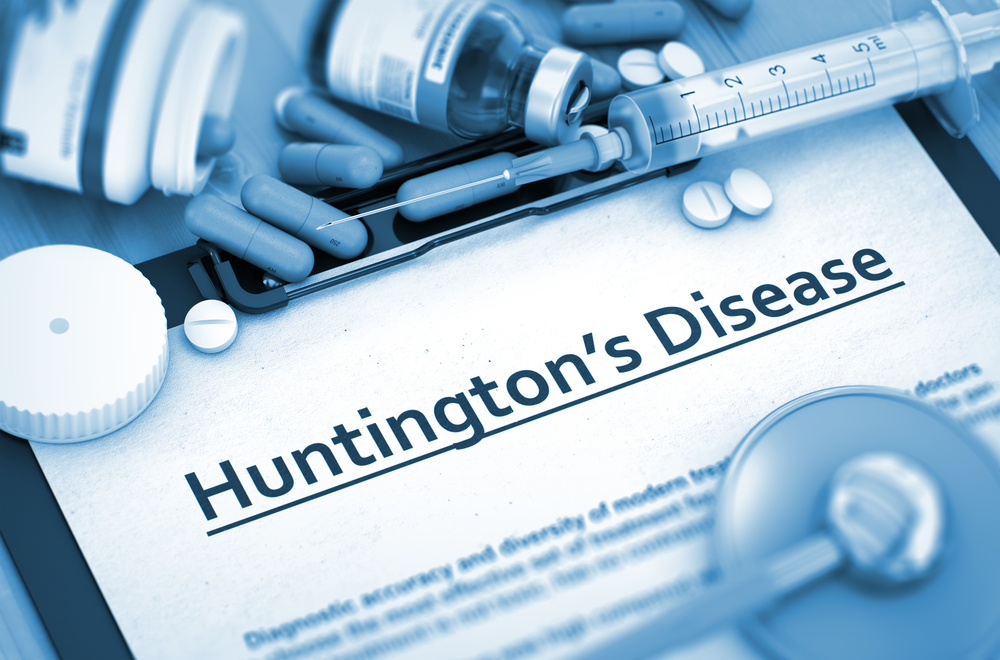Understanding DNA Testing: Benefits, Risks, and Safety Advice
Discover essential information about DNA testing, including its various types, benefits, limitations, and safety tips. Learn how to choose reputable providers and prepare for results to make informed health and legal decisions.
Sponsored

DNA analysis offers insights into our health, ancestry, and biological relationships. Modern techniques include molecular, chromosomal, and biochemical genetic tests. Different types of testing serve various purposes:
Diagnostic Tests: Detect or rule out genetic conditions, often prompted by symptoms, at any age or before birth.
Newborn Screening: Checks infants for treatable genetic disorders, like phenylketonuria and hypothyroidism.
Prenatal Tests: Conducted during pregnancy to identify fetal genetic issues, with safety considerations regarding miscarriage risk.
Carrier Screening: Finds gene mutations inherited from parents, especially important for those with family history or specific ethnic backgrounds.
Preimplantation Genetic Testing: Reduces the chance of genetic disorders in embryos created via IVF.
Predictive Testing: Identifies gene mutations linked to diseases that develop later in life.
Forensic Testing: Uses DNA for legal identifications, not disease diagnosis.
Limitations and Safety of DNA Tests
While useful, DNA tests are not infallible—ancestry testing provides probabilistic results, and forensic tests cannot guarantee identity. Physically, testing involves only samples like blood or saliva, making it minimally risky. However, prenatal testing carries a small miscarriage risk. Emotional, social, and financial impacts, such as anxiety or privacy concerns, are also important to consider.
Ensuring Safe DNA Testing
Choosing reputable providers and consulting healthcare professionals beforehand can mitigate risks. It’s crucial to thoroughly research the test type and understand its implications to make informed decisions. Being aware of ethical, legal, and emotional factors prepares individuals for possible outcomes.
Preparing for Your DNA Test
Understanding the significance, benefits, and potential risks helps manage expectations. Professional guidance is vital for interpreting results accurately, and understanding the possible social and legal consequences is equally important.






